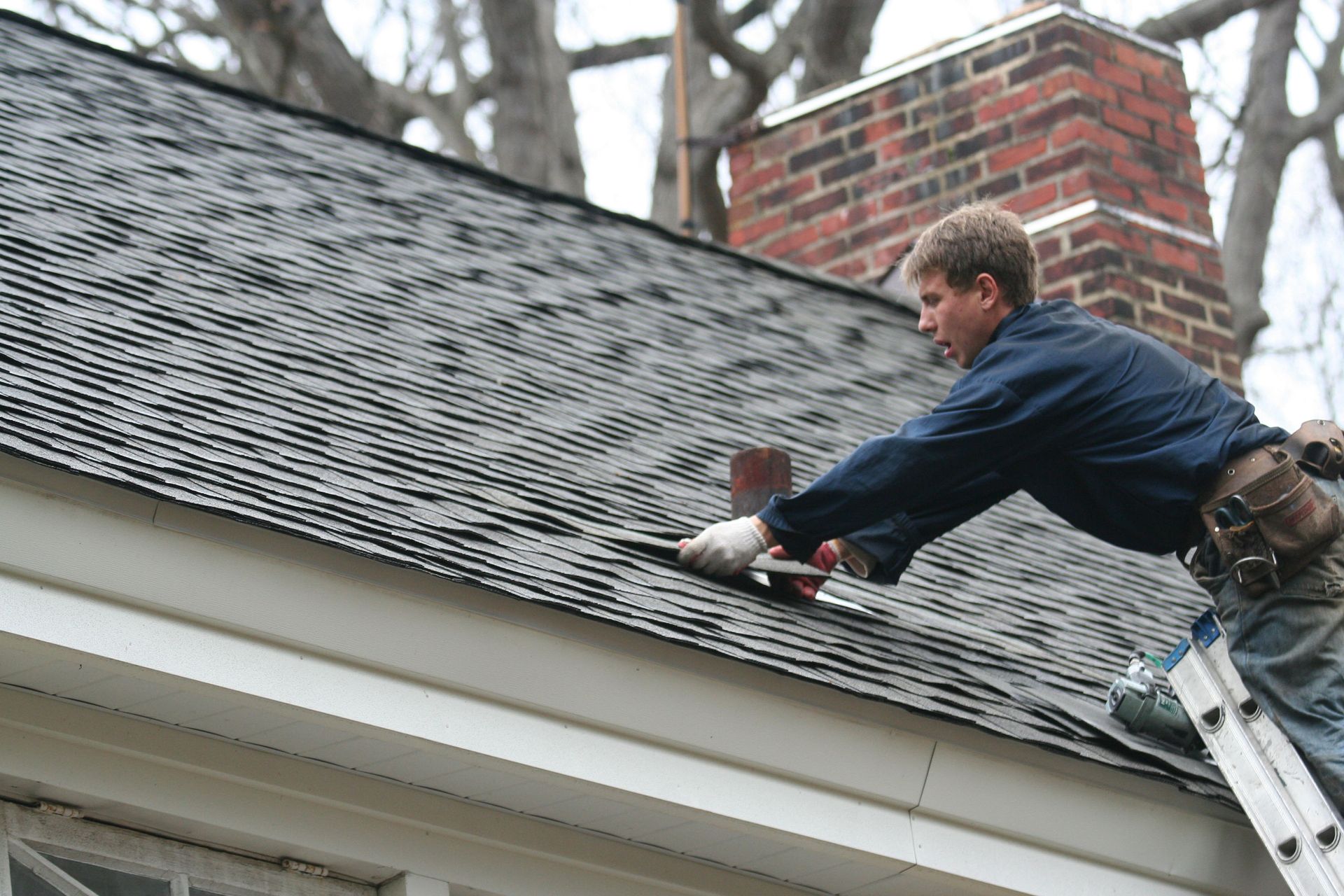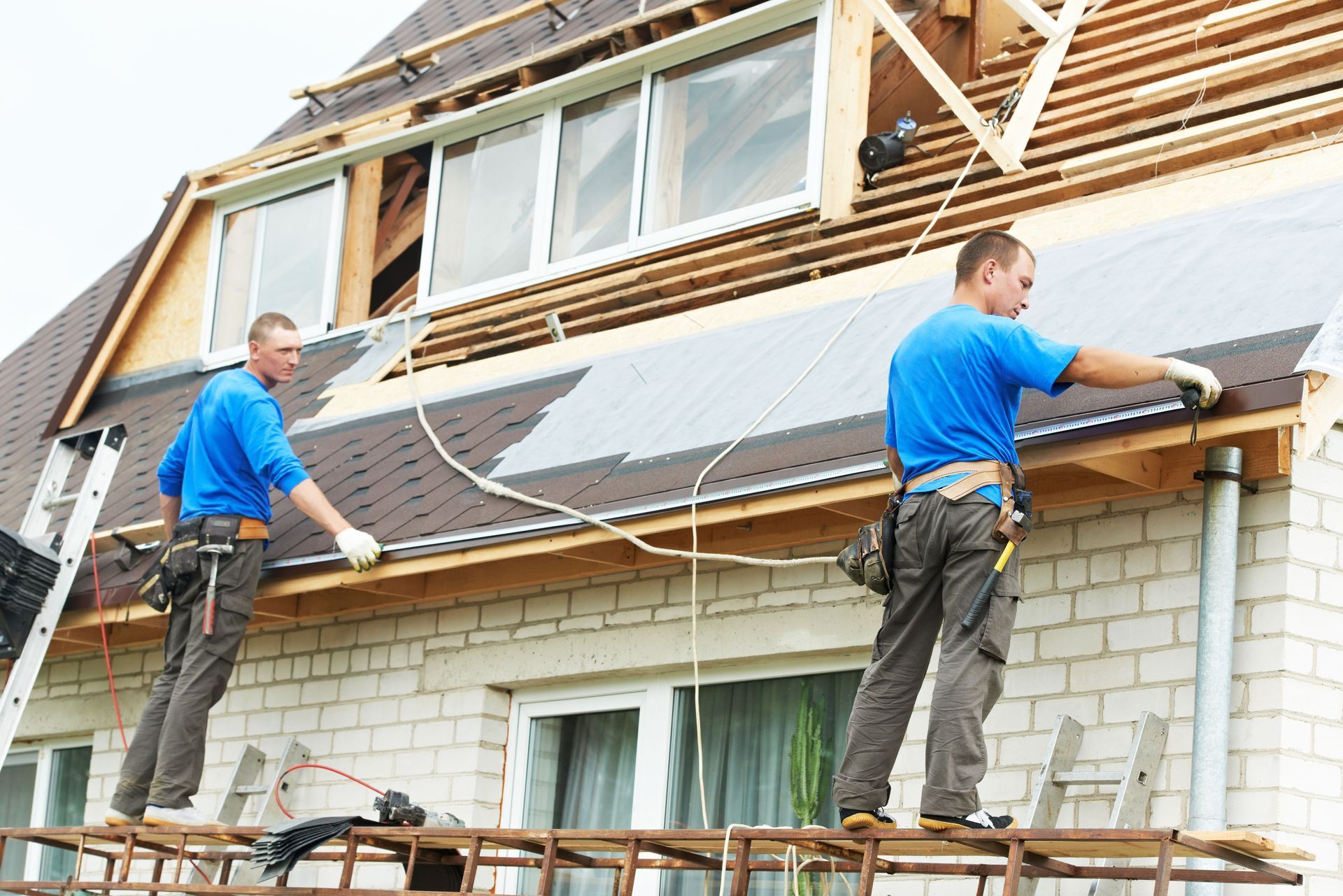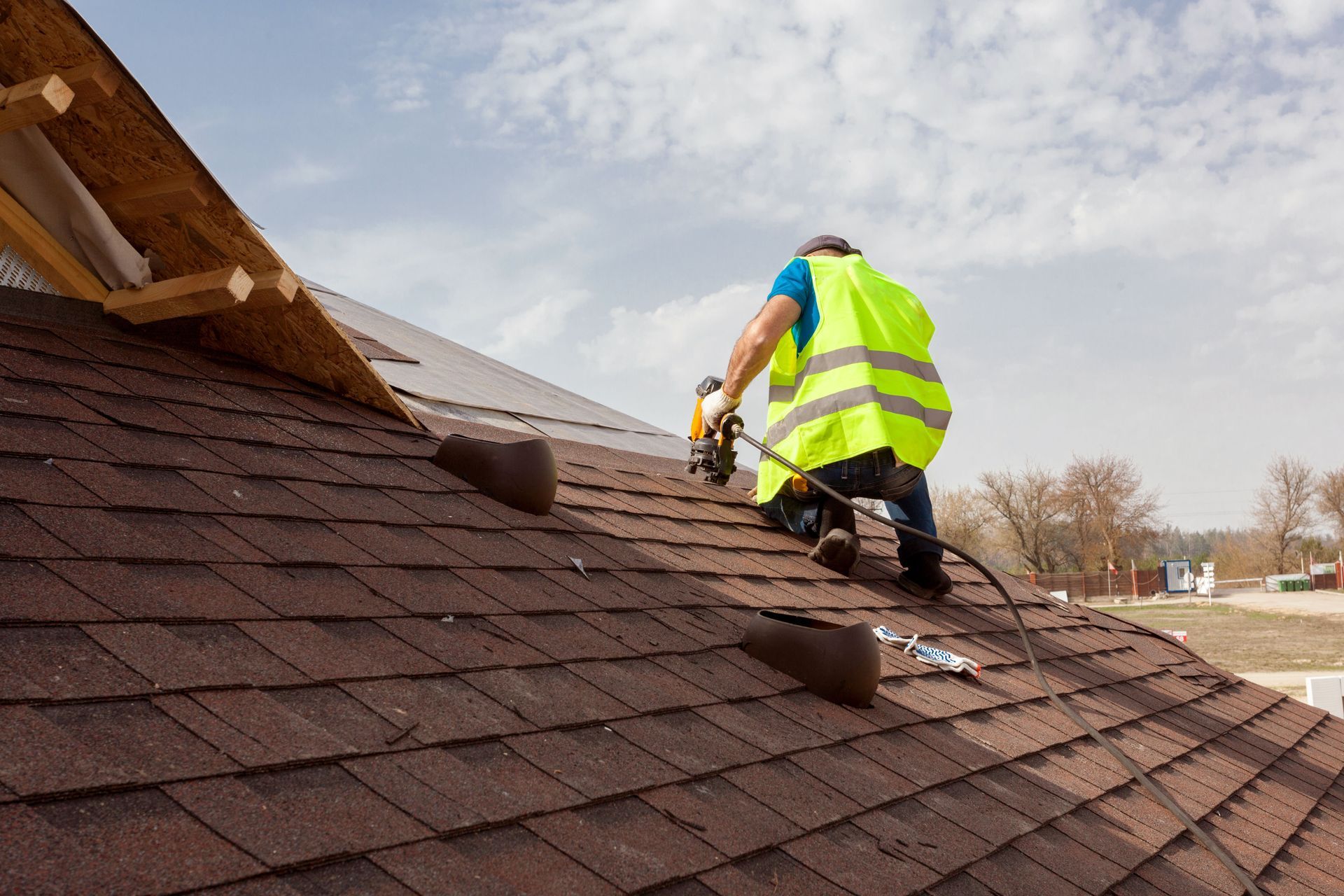Metal vs Asphalt: Which Is Best for Your Home?
Choosing the right roofing material for your home is a crucial decision that impacts not only the aesthetics but also the durability, energy efficiency, and resale value of your property. This article delves into the ongoing debate of metal versus asphalt roofing, examining the pros and cons of each to guide you toward making an informed decision. Roofs are a significant investment, and hence, understanding each material's unique attributes will ensure you choose one that aligns with your home’s requirements and your lifestyle. Both metal and asphalt offer distinct advantages and come with their own set of challenges. We'll explore their durability, cost-effectiveness, energy efficiency, environmental impact, and more to provide a comprehensive comparison.
1. Durability and Lifespan
Metal roofing is renowned for its exceptional longevity. According to The Roofer's Guild, a metal roofing system can last up to 75 years under favorable conditions. This longevity is primarily due to metal's resistance to physical deterioration and its ability to withstand extreme weather conditions. Compared to traditional roofing materials, metal does not warp, crack, or suffer from the negative impacts of prolonged sun exposure. This makes metal roofs an ideal solution for homeowners seeking a long-term roofing solution.
Our roofers have found that an asphalt shingle roof generally offers a lifespan ranging from 20 to 30 years. While this is significantly less than the lifespan of metal roofs, asphalt shingles are popular due to their affordability and traditional appeal. Maintenance plays a critical role in maximizing the lifespan of asphalt shingles, necessitating regular inspections and minor repairs. Environmental factors such as intense sun or heavy snowfall can also reduce the lifespan of asphalt shingles. Despite their shorter lifespan, asphalt shingles meet the needs of homeowners seeking economical, short to mid-term roofing solutions.
Metal roofs are incredibly resilient against inclement weather, making them an excellent choice for areas prone to extreme climatic conditions. Furthermore, metal roofs are non-combustible, offering enhanced protection against wildfires and other fire-related hazards. This formidable resistance not only extends the lifespan of metal roofs but also provides homeowners with peace of mind regarding their investment. Homeowners living in hurricane or tornado-prone regions often prefer metal due to its proven reliability and durability.
2. Cost-Effectiveness
The installation costs of metal roofs are generally higher than those for asphalt shingles. The higher upfront cost of metal is reflective of its durability, reduced maintenance needs, and long lifespan. Asphalt shingles, appealing for their immediate affordability, often incur additional costs in maintenance and eventual replacement. Homeowners must weigh their budget constraints with long-term value considerations when choosing their roofing material.
Metal roofs often provide a better return on investment due to their durability and longevity. The need for less frequent repairs, combined with energy efficiency benefits, ensures significant savings over a metal roof’s lifespan. On the resale market, a well-maintained metal roof can enhance a property's value, attracting buyers looking for energy-efficient and lasting roofing solutions. Conversely, while asphalt shingles may offer initial savings, the costs can add up through maintenance and eventual replacement.
The maintenance expenses of metal roofs are typically lower compared to asphalt shingles. Metal roofing requires minimal maintenance with occasional needs for repainting or resealing. In contrast, asphalt shingles demand regular inspections, cleaning, and patch repairs, which can accumulate higher maintenance costs over time. However, the cost of repairing asphalt shingles is considerably lower, offering affordability for DIY solutions when necessary. Despite the higher cost of repairing metal, its requirement is infrequent, aligning with the overall longevity and cost-effectiveness of the material.
3. Energy Efficiency
Metal roofs are superior in energy efficiency, particularly in reducing cooling costs. They reflect solar radiant heat, minimizing heat conduction and maintaining cooler interiors during hot months. This reduces the energy consumption of air conditioning systems, providing homeowners with lower utility bills. Incorporating reflective coatings can enhance this energy-efficient property further, promoting sustainable living. In colder regions, proper insulation beneath a metal roof ensures the retention of warmth, providing a balanced approach to energy savings year-round.
Asphalt shingles, conversely, absorb more heat, contributing to warmer indoor temperatures and potentially higher cooling costs. This characteristic can be a disadvantage in warmer climates, necessitating more insulation and ventilation to mitigate heat absorption impacts. However, advancements in asphalt shingle technology have introduced options with improved reflectivity, offering moderate enhancements to energy efficiency. Despite these innovations, asphalt shingles typically remain more energy-consuming compared to metal roofs. Choosing asphalt may require a strategic insulation approach to optimize energy use effectively.
Adding reflective coatings to metal roofs can significantly boost their energy efficiency. Reflective coatings minimize the absorption of sun rays, enhancing metal roofs' ability to reduce indoor temperatures. This not only contributes to reduced energy consumption but also prolongs the roof’s lifespan by reducing thermal expansion.
4. Environmental Impact
Metal roofing stands out for its sustainability credentials, contributing positively to environmental conservation efforts. Many metal roofs are crafted from recycled materials, and they possess the capability to be recycled at the end of their lifespan. This reduces environmental waste and lessens the need for virgin resources, aligning with the global trend toward sustainable construction practices. Metal’s longevity further emphasizes its eco-friendliness, as less frequent replacements reduce resource consumption and waste generation. Homeowners concerned about their ecological footprint might find metal roofing an appealing option.
Asphalt shingles also present recycling potential, although it is less widespread compared to metal. The recycling process involves transforming used shingles into materials for paving and road construction, thereby diverting waste from landfills. Innovations in recycling technology hold promise, potentially enhancing asphalt shingles' environmental credentials over time. However, regional availability of recycling facilities may limit this potential, influencing environmental impact assessments. Homeowners seeking a greener approach should verify local recycling options when considering asphalt as a roofing material.
5. Aesthetic Appeal
Metal roofs provide a diverse array of styles and colors, suiting varied architectural preferences. Homeowners can select from standing seam, metal shingles, and tile-imitating designs among others, enhancing a home’s aesthetic appeal. The minimalist, sleek look of metal roofs can modernize traditional homes, striking a balance between function and design. Additionally, metal roofs can be painted in a multitude of colors, offering customization to match homes' exterior themes or neighborhood trends. This versatility attracts those seeking aesthetic renewal while maintaining durable roofing solutions.
Asphalt shingles remain favored for their traditional appearance and flexible design capabilities. Available in diverse styles and color palettes, asphalt shingles are synonymous with classic American architecture. They provide a visually appealing backdrop that complements many home designs, from contemporary to vintage. Architectural shingles, a variant within asphalt options, emulate the look of high-end roof tiles or wood shakes, offering refined aesthetic choices. This adaptability continues to endear asphalt shingles to homeowners prioritizing traditional appeal intertwined with modern design facilitation.
Choosing between metal and asphalt roofing ultimately depends on your specific needs, budget, and environmental considerations. While metal roofing offers longevity and energy efficiency, asphalt shingles are cost-effective and offer a traditional aesthetic. Weighing the factors discussed will aid in selecting the best roofing material for your home. Prioritizing durability, energy efficiency, cost, and aesthetics ensures that the choice aligns with personal preferences and situational demands. Both metal and asphalt offer viable solutions, each bringing distinct benefits and limitations to the table. Careful consideration and informed decision-making foster both practicality and satisfaction in roofing selections. For professional
roofers you can count on, contact On Top Construction today.




Share On: